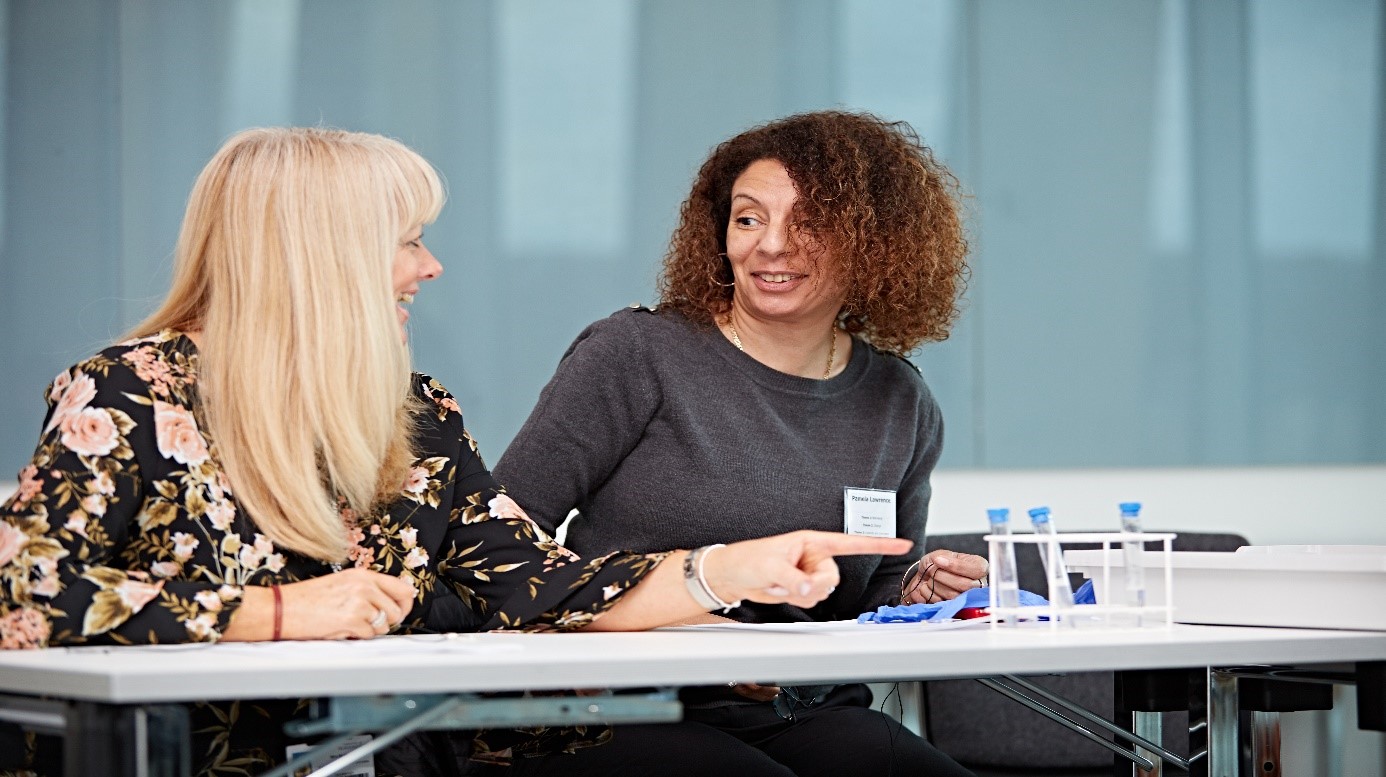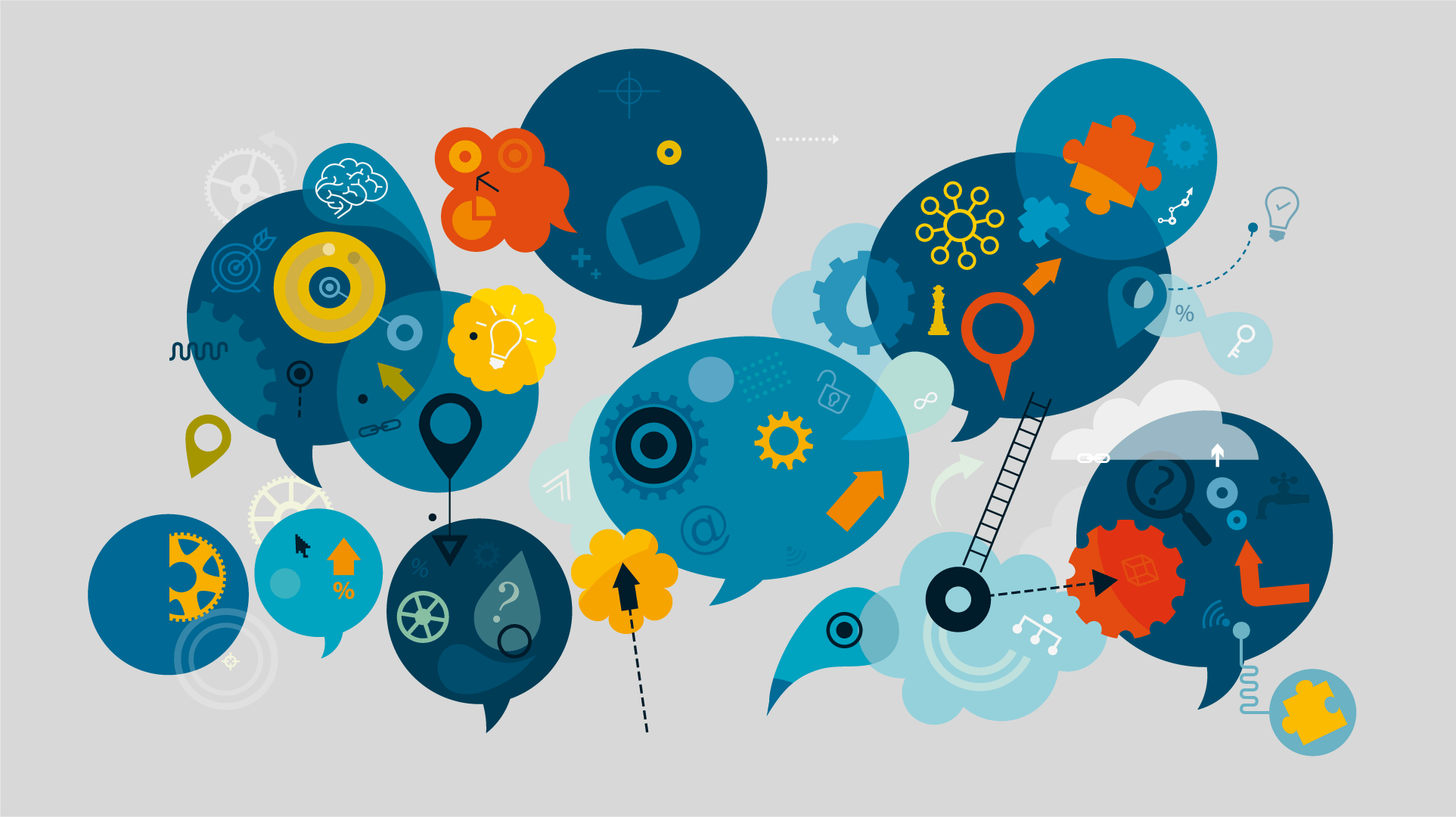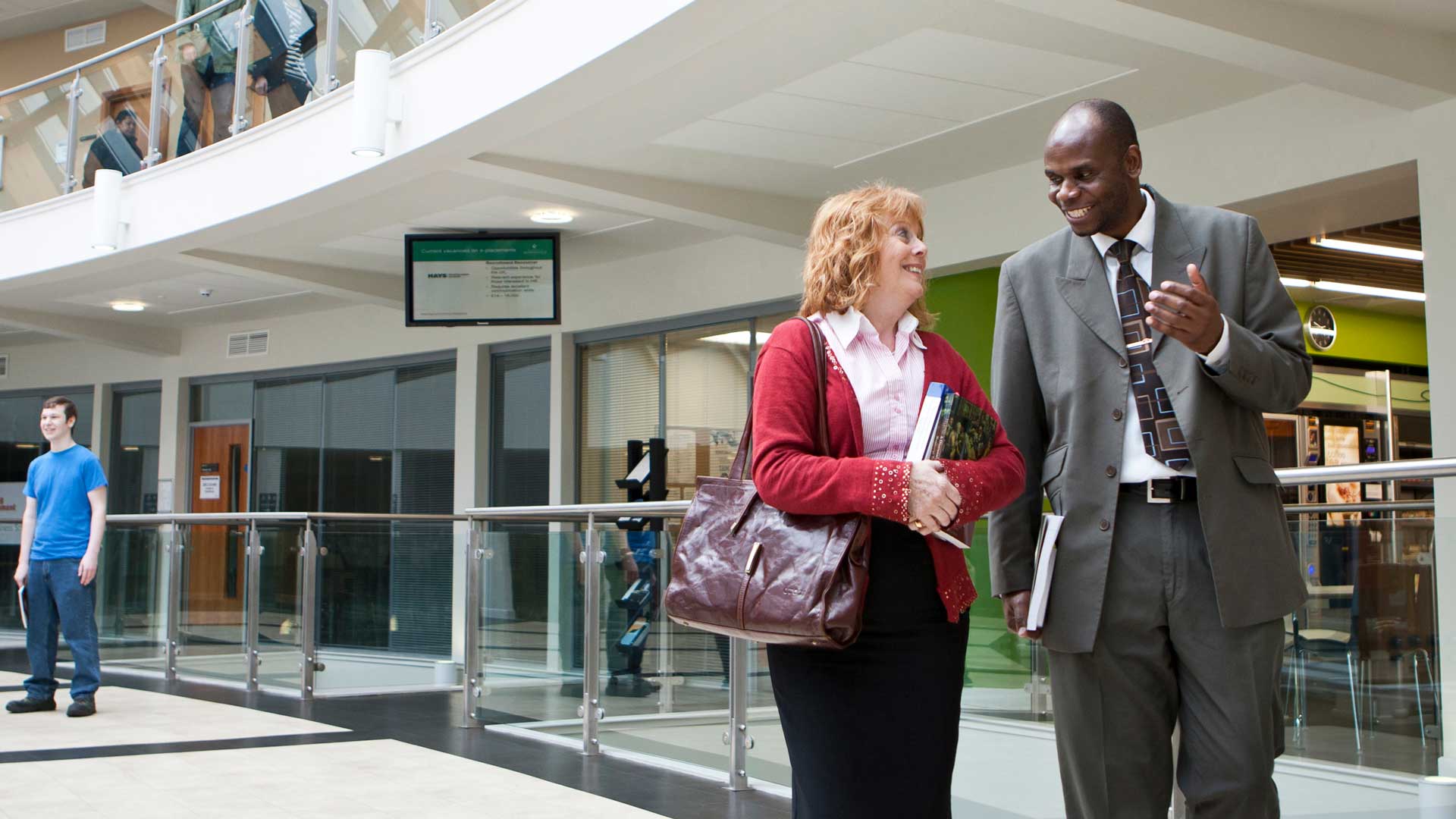
Bespoke Sessions and Team Development
There are currently no courses available
Team Development Sessions
Our range of team building sessions can help teams to effectively collaborate, communicate, and achieve their goals. Our sessions help promote trust, enhance communication, and foster a positive work environment where team members can feel motivated, engaged, and valued.
Your team might be a new or emerging team, a team that has lost its way and needs support or a team that is performing well but is striving to reach the next level. Below are examples of the typical team development sessions we deliver, and each session will be designed in response to your own unique needs.
Emerging (or New) Team Development
This session is aimed at teams member who may be unfamiliar with each other, or working together, requiring time to build trust, establish communication channels, and define roles and responsibilities. During this session participants explore what it means to be part of an effective team, examine the building blocks for effective group development and identify how to use your strengths. Once these fundamentals are in place, teams can thrive. To find out more about the benefits, outcomes, and expectations, please click Emerging (or New) Team Development.

Connected Team Development
Using a coaching approach, participants explore various aspects of team dynamics. The process builds around several linked sessions that span over 3 months, taking an in depth look at where your team is now, where you need to be in the future, and what is needed going forward. Such a series of connected team building sessions offers a more holistic and sustainable approach to team development, fostering stronger relationships, enhanced collaboration, and improved performance over the long term. We will gather feedback from all participants before the first session takes place to ensure your needs are met. To find out more about the benefits, outcomes, and expectations, please click Connected Team Development.

High Performance Team Development
High-performance team development involves nurturing and cultivating teams to operate at their full potential, achieving exceptional results and consistently outperforming expectations. During this session teams review their performance, measuring it against a high-performance competency framework. Participants are encouraged to discuss a range of high-performance characteristics and identify areas where they excel and areas where they can develop and improve. This insight allows you to leverage strengths and address weaknesses effectively. To find out more about the benefits, outcomes, and expectations, please click High Performance Team Development.

Process Improvement using A3 Thinking
A3 thinking has its roots in Toyota, and is a process, a tool and a methodology used to find solutions to problems. By applying A3 thinking to process improvement initiatives, teams can systematically address challenges, drive meaningful change, and achieve sustainable improvements in quality, efficiency, and performance. During this session participants tackle a workplace challenge using the A3 template to follow a sequence of steps. Teams leave the session with a practical action plan, including success measures. To find out more about the benefits, outcomes, and expectations, please click Process Improvement using A3 Thinking.

Multi-Team Development
Open and honest conversations play a crucial role in cross-team development by fostering trust, collaboration, and alignment. During this session participants discuss a project, process or procedure that involves more than one team and needs improvement. Participants are encouraged to address any issue(s) or barriers currently resulting in tensions, strained relationships or stagnating collaborative working practices. To find out more about the benefits, outcomes, and expectations, please click Multi-Team Development.

Team Psychometrics and Diagnostics
We can offer the below psychometric tools and diagnostics to help teams to gain valuable insights into individual and collective behaviours, preferences, and dynamics, leading to improved communication, collaboration, and performance.
- Myers-Briggs Type Indicator Step I & II
- Emotional Intelligence Feedback around the Baron EQi
- Margison-McCann Team Management Wheel (TMSDI)
- Thomas-Killman (Conflict Modes) Instrument
- Personality Profile Analysis (DISC)
- Belbin Team Roles

360 Feedback for Leadership Teams
360-degree feedback can be a valuable tool for leadership team development, providing leaders with actionable insights, fostering self-awareness and growth, and driving team effectiveness and success. 360-degree feedback is a process in which individuals receive confidential, anonymous feedback from the people who work around them. This typically includes your line manager, peers, and direct reports. Following the completion of individual 360 reports, this session invites participants to explore team patterns and make plans for collective improvement as a leadership team. To find out more about the benefits, outcomes, and expectations, please click 360 Feedback for Leadership Teams.

What are the next steps?
All teams have unique needs, dynamics, and objectives, and we will work with you to tailor the content, activities, and focus areas to address your specific challenges, capitalise on strengths, and support the development goals of each team we work with. To help determine the most appropriate session for your team(s), we have designed a diagnostic tool for team members to complete and help us determine the most appropriate ‘type’ of session.
Interested? Please get in Contact …
If you would like to know more about our team development sessions, please contact Christian McGrath through MS Teams, email c.mcgrath2@hud.ac.uk or Helen Connor through MS Teams, email h.connor@hud.ac.uk. To find out which Schools and Services Helen and Christian support, please click here.
